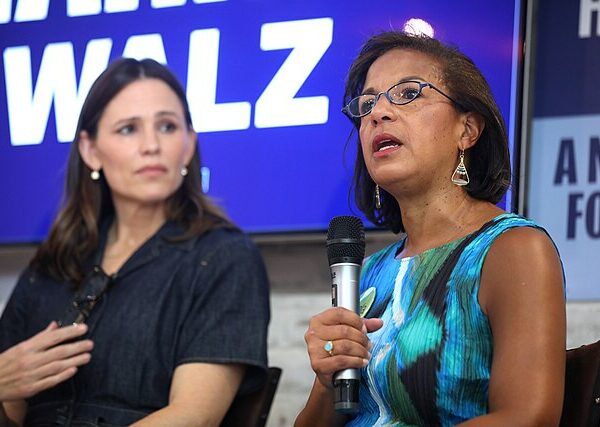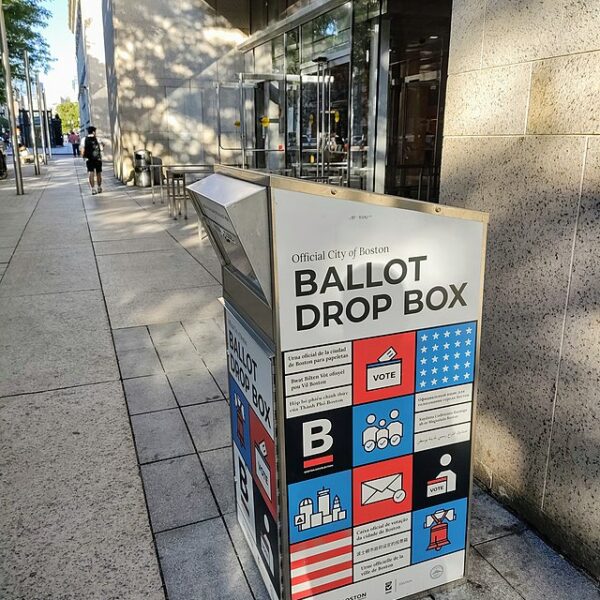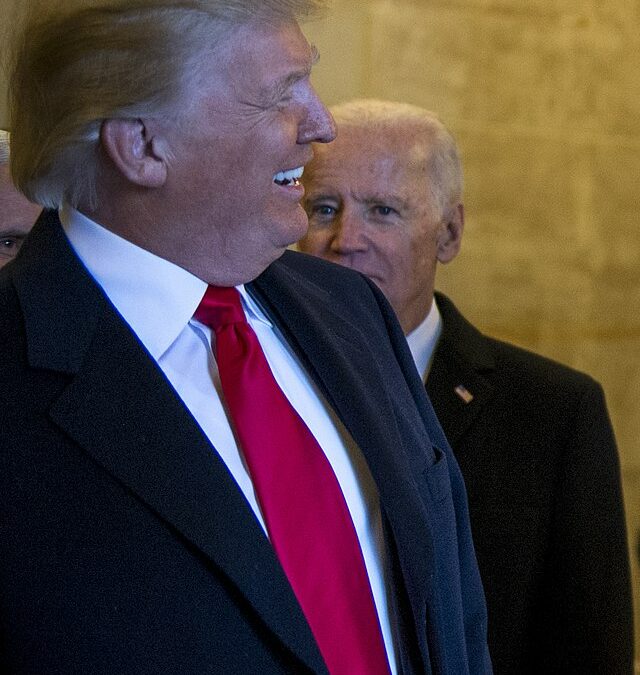
In a surprising break from tradition, The Washington Post announced on Friday that it will not endorse any candidate in the 2024 presidential election. This decision marks a significant departure from the paper’s long-standing practice of endorsing Democratic candidates, such as Hillary Clinton in 2016 and Joe Biden in 2020. The move has sparked widespread criticism and raised questions about the future of political endorsements by major media outlets.
Historically, The Washington Post has played a leading role in political news, shaping public opinion through its editorial endorsements, which has long favored the Democrats going back to 1976. Post publisher and chief executive Will Lewis explained the decision as a return to the paper’s roots of non-partisanship, emphasizing a renewed commitment to independence. In a statement, Lewis said, “Our goal is to foster informed debate, not to influence it, as we navigate through this critical moment in American democracy.”
The newspaper wrote that “we recognize that this will be read in a range of ways, including as a tacit endorsement of one candidate, or as a condemnation of another, or as an abdication of responsibility. That is inevitable,” Lewis wrote. “We don’t see it that way. We see it as consistent with the values The Post has always stood for and what we hope for in a leader: character and courage in service to the American ethic, veneration for the rule of law, and respect for human freedom in all its aspects.”
Lewis also portrayed the decision as a “statement in support of our readers’ ability to make up their own minds.”
Within hours of the announcement, a group of Washington Post columnists, including Pulitzer Prize winner Eugene Robinson and former deputy editorial page editor Ruth Marcus, called the decision “a terrible mistake,” writing, “This is a moment for the institution to be making clear its commitment to democratic values, the rule of law and international alliances, and the threat that Donald Trump poses to them — the precise points The Post made in endorsing Trump’s opponents in 2016 and 2020.”
Washington Post legends Bob Woodward and Carl Bernstein issued a statement saying: “We respect the traditional independence of the editorial page, but this decision 12 days out from the 2024 presidential election ignores the Washington Post’s own overwhelming reportorial evidence on the threat Donald Trump poses to democracy. Under Jeff Bezos’s ownership, the Washington Post’s news operation has used its abundant resources to rigorously investigate the danger and damage a second Trump presidency could cause to the future of American democracy and that makes this decision even more surprising and disappointing, especially this late in the electoral process.”
The response to the non-endorsement from Democrats was typical to how things go when something doesn’t go their way: completely unhinged.
Newsweek noted that “users on X, formerly known as Twitter, called out the decision, with some saying they canceled their subscriptions to the outlet, including actor Jeffrey Wright. In August, the D.C.-native narrated a video for Harris that played at the Democratic National Convention (DNC). Wright posted a screenshot of his canceled subscription, writing, “Washington Post. Hometown paper. Grew up with it. Bye, b*****.”
Democratic strategist and pollster Matt McDermott also shared his subscription cancellation, saying, ‘easiest decision ever, @washingtonpost.’
In a statement posted on X, the Washington Post Guild noted that within two hours, ‘We are already seeing cancellations from once loyal readers’ over the non-endorsement.’
It’s really funny to see all of the “I’m leaving Twitter” people from two years ago leaving The Washington Post instead and posting it to 𝕏 🤣 pic.twitter.com/czAB8gI4Lj
— ALX 🇺🇸 (@alx) October 26, 2024
This move by The Washington Post comes as another major newspaper also announced they’d not be backing Kamala Harris. Earlier in the week The Los Angeles Times announced it too would not be endorsing presidential candidates. Earlier this year, the Times faced internal turmoil, leading to the resignation of its editorial board chief, Mariel Garza, over disagreements on the paper’s endorsement policy.
The Hollywood Reporter reported that “the daughter of Los Angeles Times owner Patrick Soon-Shiong is weighing in on the controversy that has erupted around the paper’s decision not to endorse a presidential candidate in 2024, saying that “for me, genocide is a line in the sand.”
In a thread of social media posts on Thursday, Nika Soon-Shiong attributed the decision to an opposition to Democratic candidate Kamala Harris’ position on the war on Gaza. She wrote that her father, a South African transplant surgeon, had worked as an emergency surgeon at Baragwanath Hospital in Soweto during apartheid. ‘For my family, Apartheid is not a vague concept.’ Maintaining that the decision to endorse was one made by the Los Angeles Times editorial board, Nika added, ‘This is not a vote for Donald Trump. This is a refusal to ENDORSE a candidate that is overseeing a war on children.’
With the 2024 election approaching, many are left wondering whether this trend signals a broader shift in how news organizations engage with political discourse. As The Post and others reconsider their role in endorsing candidates, the implications for voter influence and media trust remain to be seen. The absence of endorsements from such high-profile institutions could significantly reshape the way the public consumes and interprets political information in the years to come.
She continued, ‘I’m proud of the LA Times’ decision just as I am certain there is no such thing as children of darkness. There is no such thing as human animals.’”
The reactions come as the Harris campaign has come off the rails, falling to the paranoia among its base. Over the weekend, the vice president launched an ad campaign aimed at Asian voters claiming the Donald Trump would bring back internment camps.
Things are getting out of hand. @KamalaHarris just dropped a new ad targeting Asian voters that suggests Trump will bring back internment camps, blames him for the 1982 murder of Vincent Chin pic.twitter.com/CYa3ZhdKfz
— Brent Scher (@BrentScher) October 26, 2024
Internment camps were created by President Franklin Delano Roosevelt, who Joe Biden has said he idolizes, not President Donald Trump, who served in the White House from 2017 to 2021.
[Read More: Democrats Identify Which Trump Supporters To Go After First]











